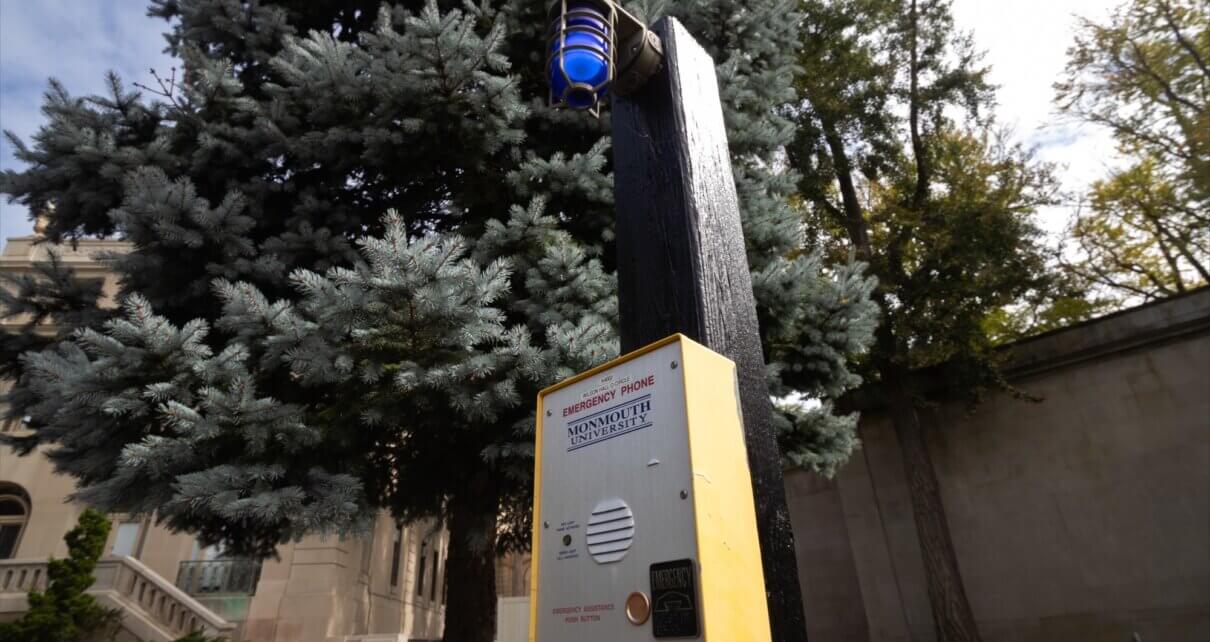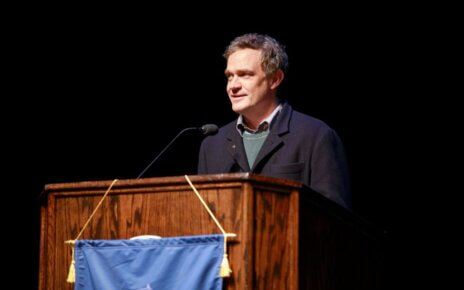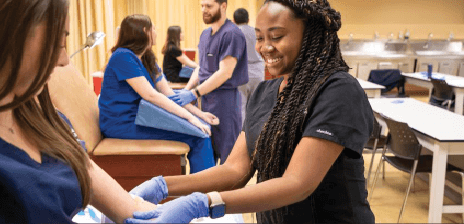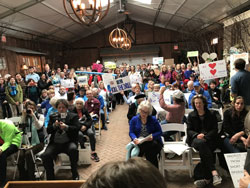With the recent relocation of the Monmouth University Police Department (MUPD), students have voiced their concern with the new move and its effects on students’ safety.
One issue in particular that still concerns students is the campus’ emergency cell phones, better known as the blue light stations. These stations are scattered all around campus and are identifiable through their use of the blue light over their systems.
Milton Morris, the MUPD Chief of Police, explained, “There are 52 exterior emergency phones on the residential side of campus, including seven inside of the library. There are 85 exterior emergency phones on the academic side of campus, including the Garden and Great Lawn apartments.”
“An individual would activate the emergency phone anytime the individual believes there is a situation requiring the immediate response of a Monmouth University Police Officer,” Morris continued.
“This is done by pressing the red/emergency button located on the call box. There is also a ‘Call’ button located on the emergency phone where you can dial any extension on campus to contact someone in a non-emergency situation.”
Once the button is hit, a member of MUPD is immediately notified, ensuring that the individual will receive help as soon as possible. “Once the emergency phone has been activated, you are immediately connected to a Monmouth University Police Department Dispatcher,” Morris said.
“The dispatcher then relays the information, via radio, to the officer assigned to the area of campus where the emergency phone activation occurred. This transmission is heard by every officer on duty, who may also respond to the emergency call. The Officer will then immediately respond. Depending on the emergency, the MUPD Officer will be with the caller until the completion of the event.”
Morris also ensured students that all of the blue light stations are checked once a week to guarantee that they are working whenever someone needs to press one.
Morris concluded, “The relocation of MUPD has not changed the response time for an emergency phone activation, because the officers that are responding to the activation are already outside actively on patrol.”




